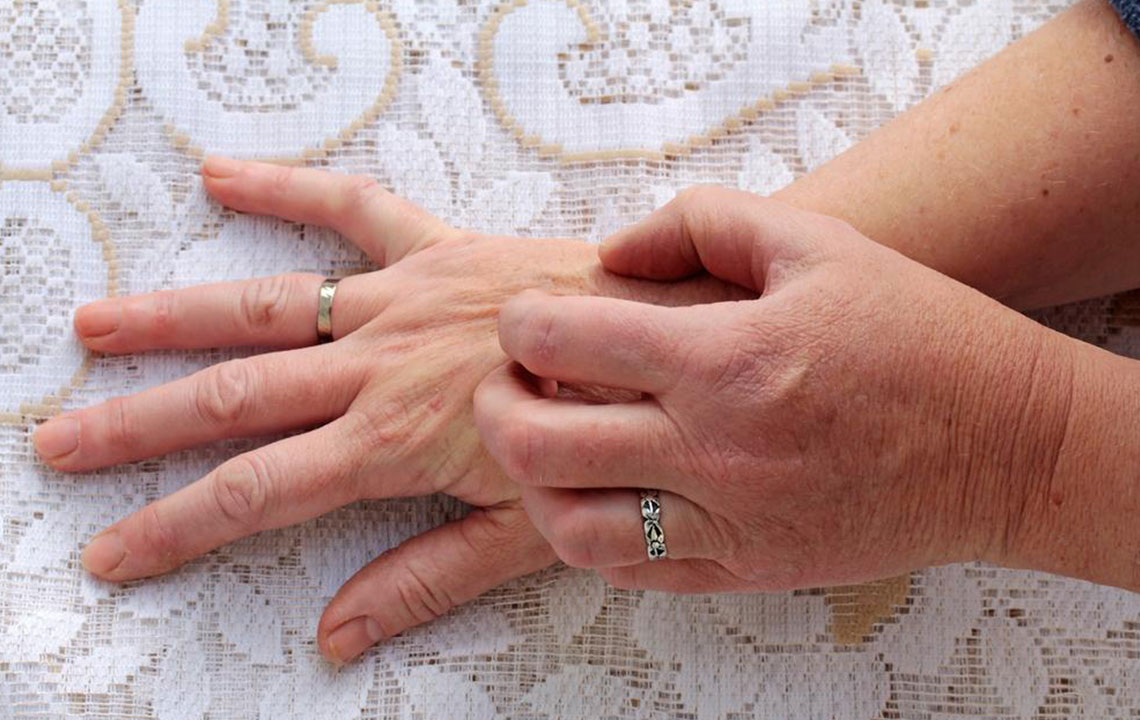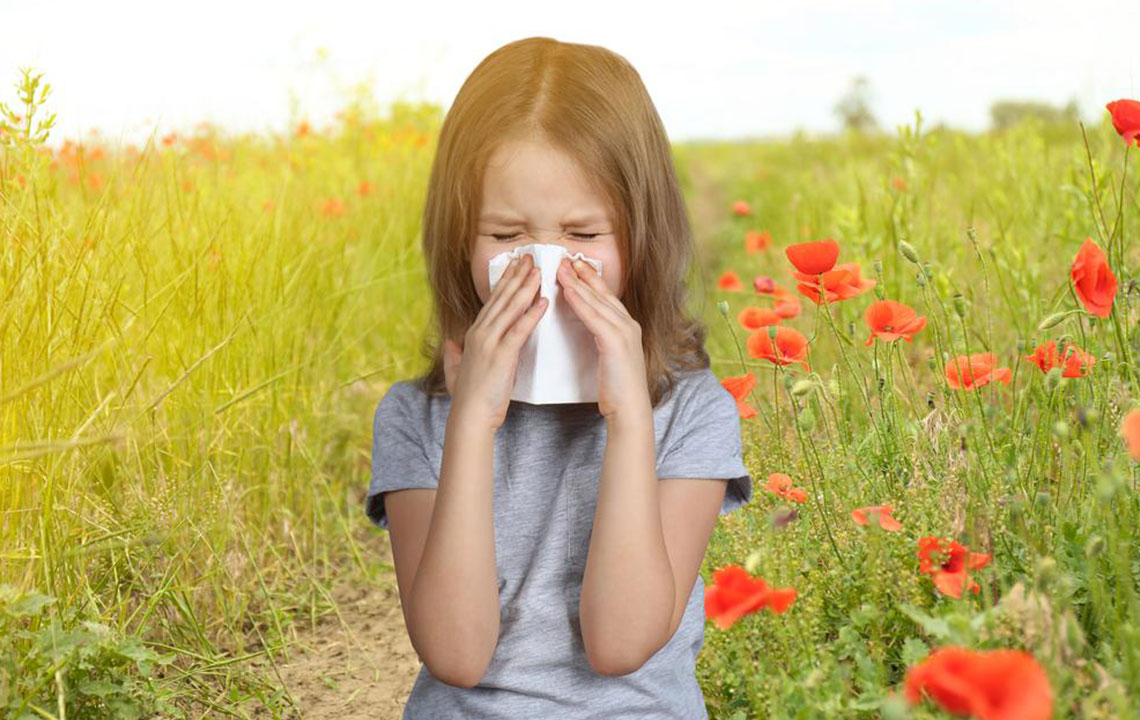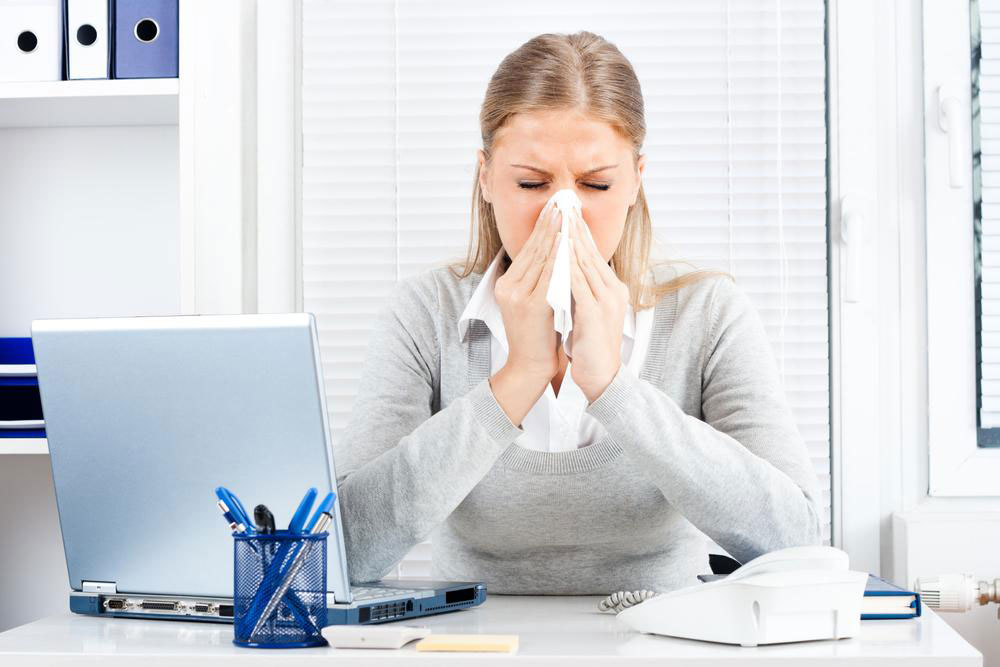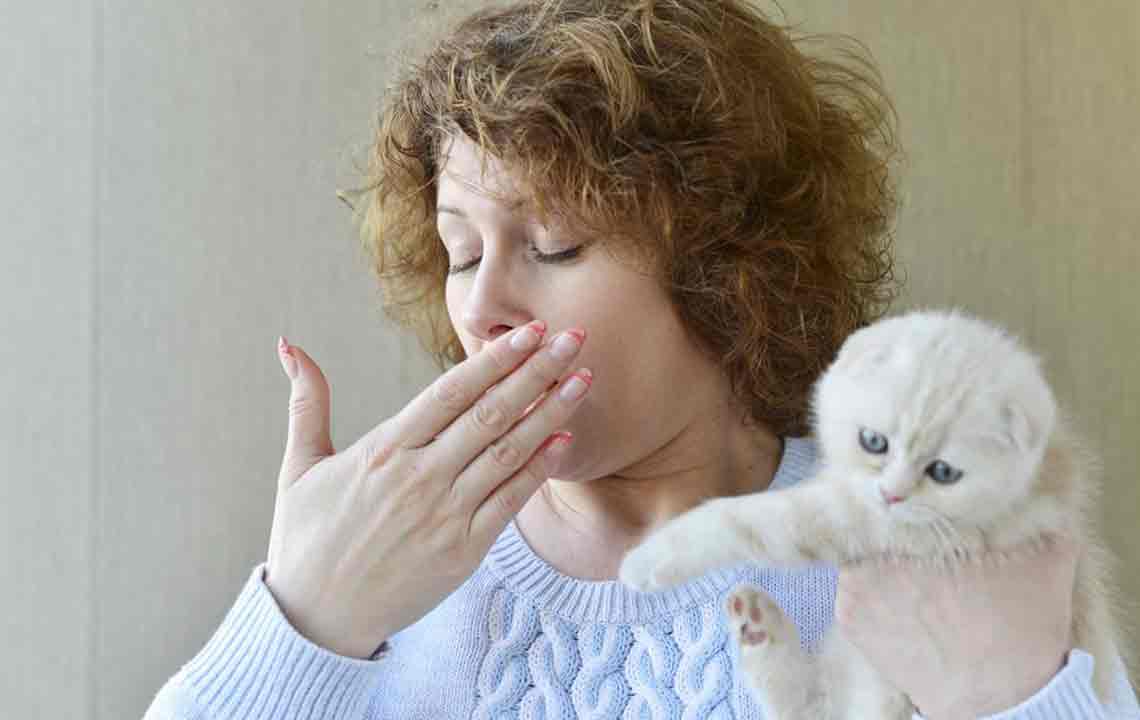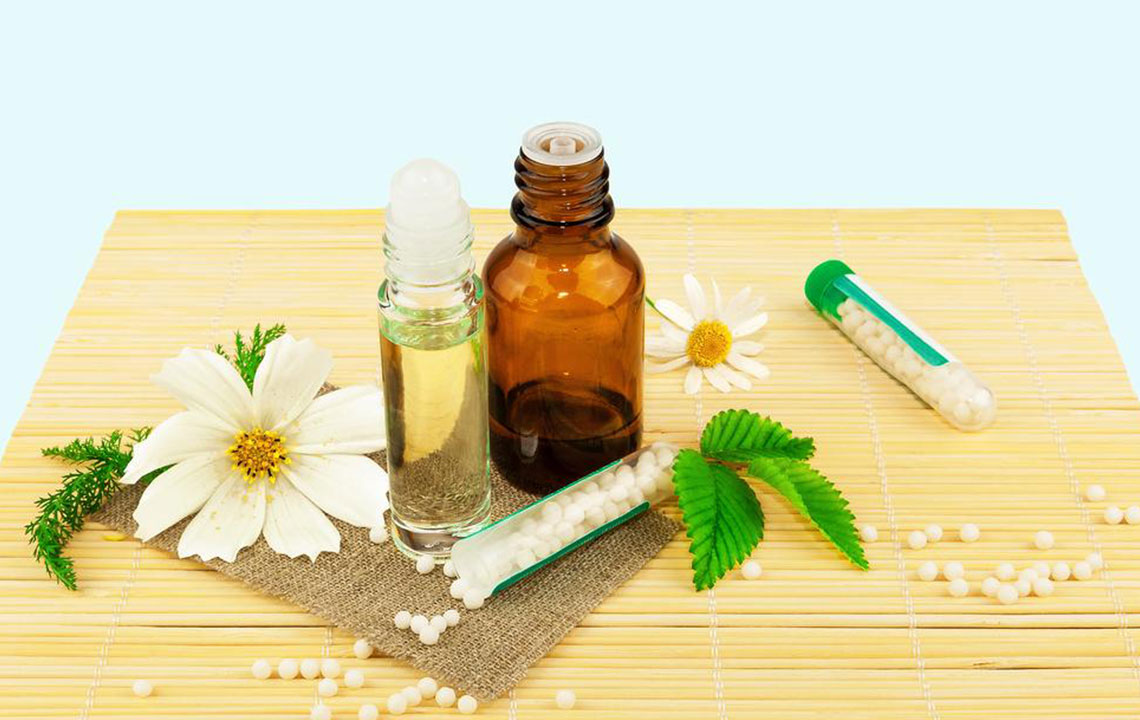Effective Strategies for Managing Spring Allergies with Top Medications
Manage spring allergies effectively with the best medications and preventive measures. Learn about symptoms, treatment options like antihistamines and corticosteroids, and tips to minimize pollen exposure. Consult an allergy specialist for personalized care and enjoy the season safely.
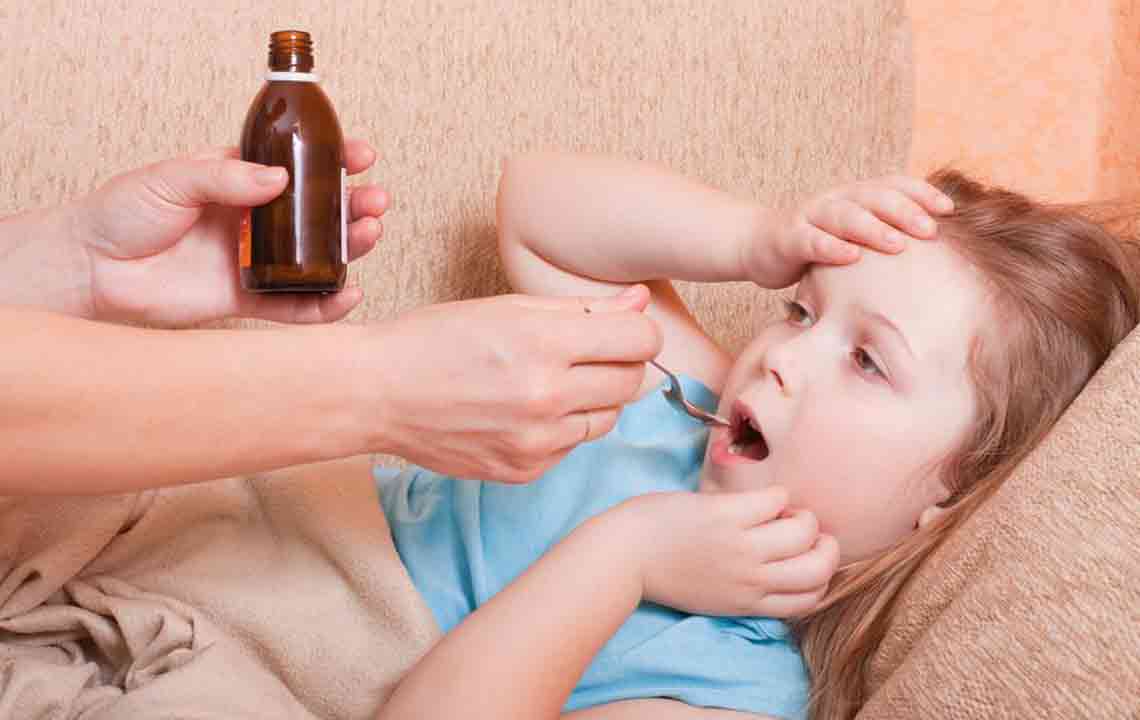
Effective Strategies for Managing Spring Allergies with Top Medications
Spring is a beautiful season, but it can be challenging for those with allergies. Many experience sneezing, runny noses, and itchy eyes, which can disrupt daily routines. The rising number of allergy sufferers increases demand for effective treatments. The primary cause of spring allergies is pollen, released by blooming trees and plants. These tiny particles float easily in the air and can affect sensitive individuals, especially when combined with urban pollutants.
However, allergies aren't solely caused by pollen; your immune system's overreaction triggers symptoms. When exposed, it releases chemicals like histamine, resulting in discomfort. Recognizable allergy symptoms include a runny nose, itchy and watery eyes, redness, nasal congestion, coughing, throat itchiness, headaches, and breathing issues. If these symptoms appear, consulting an allergy specialist and starting appropriate medication is advisable.
To alleviate allergy symptoms, various medications are available:
Antihistamines: Block histamine release to reduce sneezing, itching, and watery eyes. Available over-the-counter in pills, liquids, nasal sprays, and eye drops. Suitable for children as well.
Decongestants: Provide quick relief from nasal congestion and inflammation. Offered as pills, sprays, and liquids. Be cautious of potential side effects.
Corticosteroids: Suppress inflammation and ease breathing issues. Inhalers and nasal sprays help control nasal and eye symptoms.
Immunotherapy: Gradually enhances immune response, offering longer-term relief from allergy symptoms.
Preventive steps can minimize pollen exposure:
Avoid outdoor activities during windy days.
Choose times with high humidity for outdoor exposure.
Keep windows and doors closed indoors.
Change clothes and wash hair after outdoor exposure.
Wear masks during cleaning tasks.
Clean homes regularly, including air filters and windows.
Start allergy medications early if prone to symptoms.
Increase intake of Vitamin C-rich fruits and vegetables to naturally lessen histamine production.
While there is no permanent cure for allergies, proper medications and preventive techniques can significantly manage symptoms. Recognize your triggers, follow medical advice, and seek prompt care for severe reactions to maintain well-being this spring.


